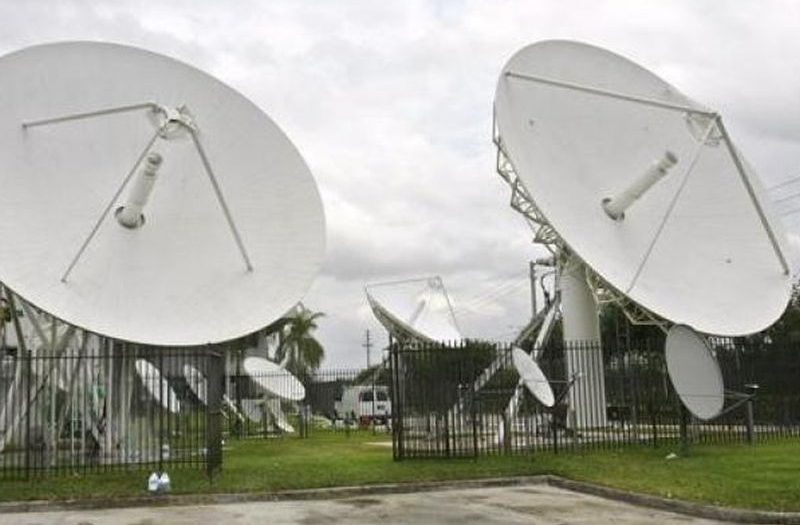The Official Gazette No. 92 Ordinary of 2021 published a new package of legal provisions to regulate telecommunications, information and communication technologies (ICT) and the use of the radioelectric spectrum in Cuba.
The group of legal tools is guided by Decree-Law No. 35 on Telecommunications, Information and Communication Technologies and the Use of the Radioelectric Spectrum, the first legal norm of higher rank approved in Cuba on the subject and to which a greater importance and hierarchy is assigned due to its transversality in the processes of society, explained specialists from the Ministry of Communications ( MINCOM), the agency in charge of regulating, controlling and attending these services in the country.
The legal pronouncement and its complementary norms ratify the Cuban government’s objectives of contributing to political, economic and social development through the modernization of telecommunications infrastructures, while promoting the coordinated and harmonious progress of networks and ICTs.
Wilfredo Lopez Rodriguez, director of MINCOM regulations, told the press that the rules published Tuesday in the Gazette define Universal Telecommunications Service as the set of services that constitute a right for all end users regardless of their geographic location, at a determined price and quality.
The Universal Telecommunications Service is composed of fixed and land mobile cellular telephone service, Internet access, radio and television broadcasting service, access to public telephone booths and stations, free access to emergency calls and the application of preferential conditions for people with special needs.
Lopez Rodriguez added that the regulation states that private telecommunications services (those established by any individual or legal entity for its own use) can only be provided to third parties with the authorization of MINCOM.
He also explained that another of the main issues of the package of measures is to promote the development of the infrastructure of the broadband digital trunked land mobile radio communication system, in order to give a prioritized response to the services of the Government, state-owned companies and cooperatives.
In addition, the legislative package highlights the mission of progressively incorporating new alternative services to the traditional voice services, which guarantee greater offers to Cubans.
It is also established as a fundamental point in the legislation the need to diversify the ways of international connectivity by submarine or satellite wire, in order to satisfy the progressive demands and security required by national services.
Cuba: New Provisions on Telecommunications, Information and Communication Technologies
Cuba releases new provisions on telecommunications, information and communication technologies and the use of the radioelectric spectrum

The Universal Telecommunications Service is composed of fixed and land mobile cellular telephone service, internet access, and radio and television broadcasting service, among others.
 Escambray ENGLISH EDITION
Escambray ENGLISH EDITION




Escambray reserves the right to publish comments.